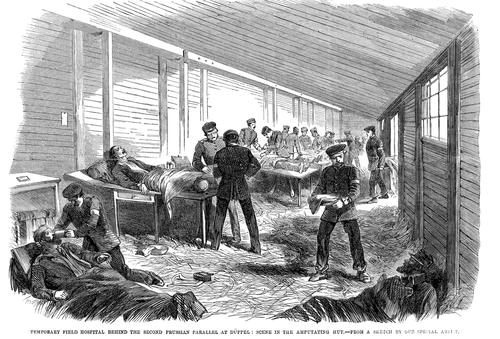Although it is useful and even essential to make
distinctions where they are real, it can be equally useful to set conventional distinctions
to one side.
For example, take the distinction between scientists and
journalists. Conventionally these are distinct and even morally distinct
professions, but there are a number of obvious similarities.
Many scientists must publish or die.
So a good story may be better than an accurate one.
And a rehash is easier than something new.
And consensus is easier than radical.
And genuine investigation is expensive, the outcome
uncertain.
Overall conclusion? Aiming to offend neither paymaster nor
expectations is a sound policy for journalists and scientists - or anyone else
for that matter. Should we be surprised if science has interesting similarities
to journalism?
We see the similarities in numerous areas such as nutrition, health, the environment, psychology, sociology, cosmology, materials science, battery technology, novel fuels and nuclear power. The line between science and the storyteller's art becomes blurred, often disappearing altogether.
Both scientists and journalist tell stories of variable
quality, originality and integrity, in part due to similar pressures. On the
whole our society doesn’t see it that way, but the pressures and the consequent parallels are striking.
There are differences of course, but what if the pressures converge and the similarities become even more significant?
As with journalism, science generates a range of output from
high quality reporting of the natural world to its own version of the gutter
press, wallowing in scare stories, personalities and general clamour where the
paymaster is king and nothing else matters.
The trick is to tell one from the other.























